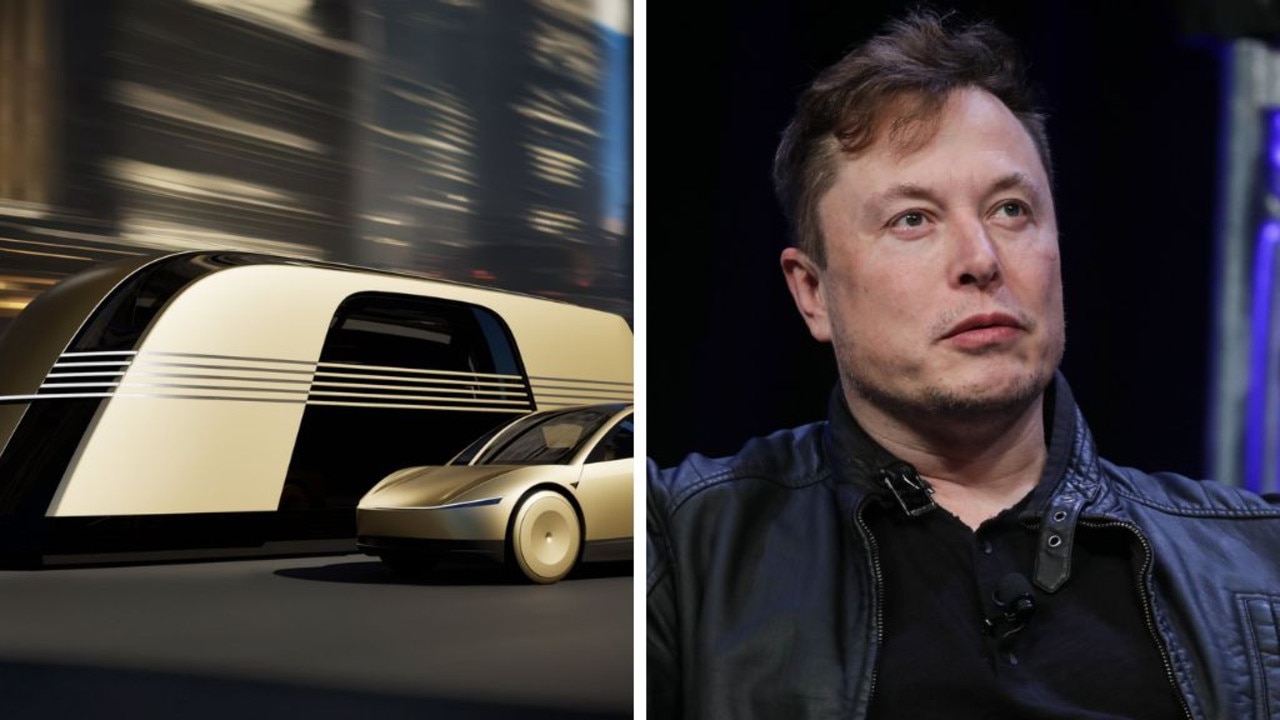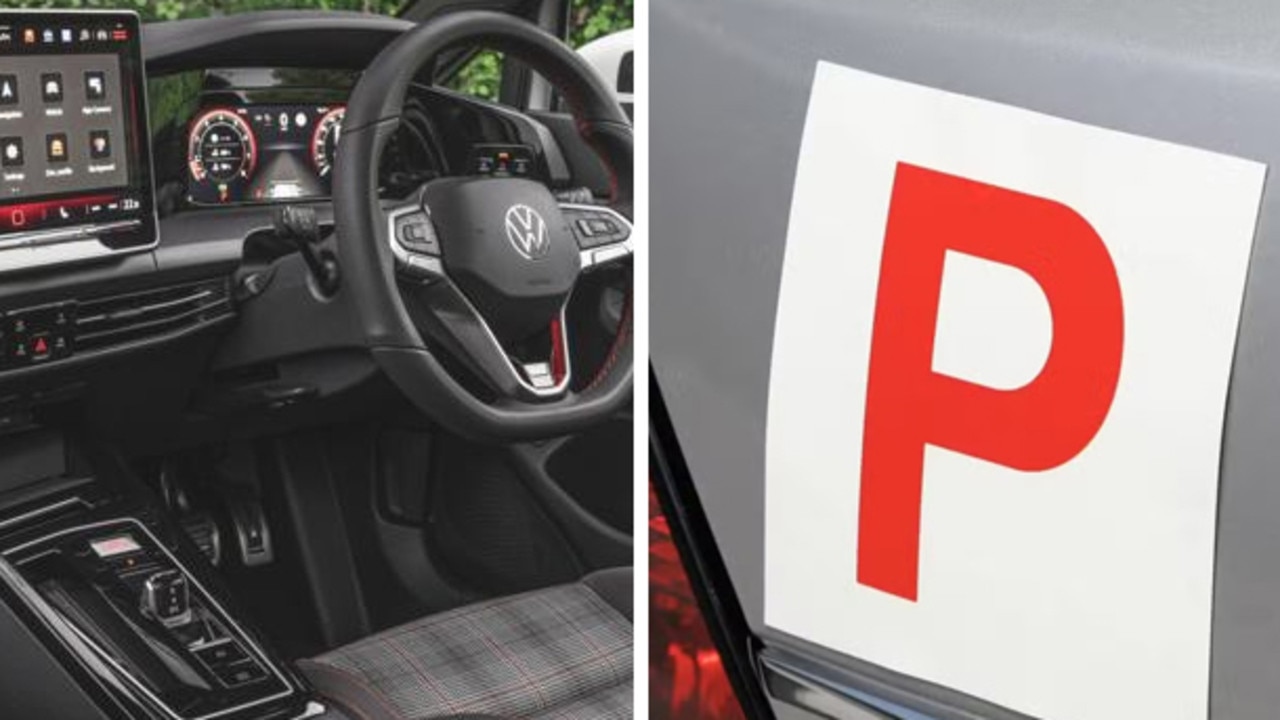Chinese EVs more affordable but owners may face costly surprises
Financial guru David Koch has issued a warning to Aussies jumping on cheap EV deals from Chinese brands.
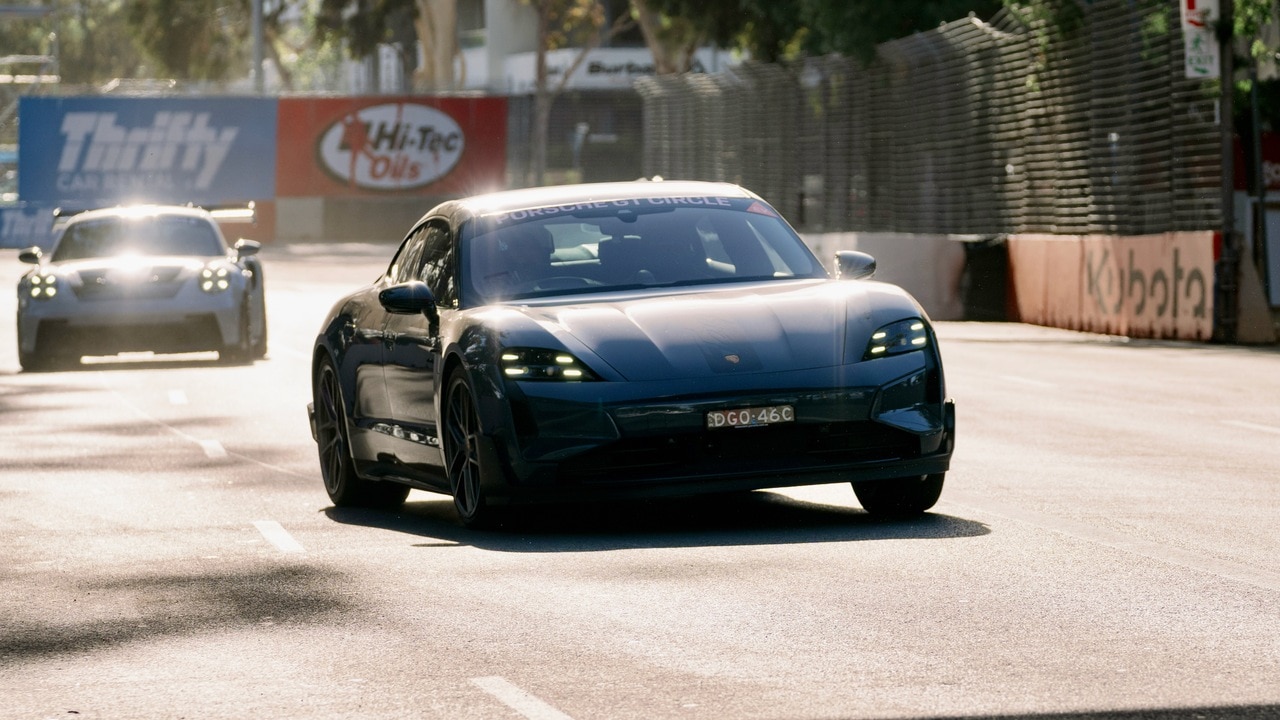
Motoring
Don't miss out on the headlines from Motoring. Followed categories will be added to My News.
The Australian electric vehicle market has seen an influx of affordable models from newer Chinese automakers priced significantly lower than those from established brands.
New research reveals that while they may be cheaper, they could cost owners more to insure and repair.
Data from Compare the Market shows comprehensive insurance for EVs is on average 43 per cent more expensive than petrol-powered vehicles.
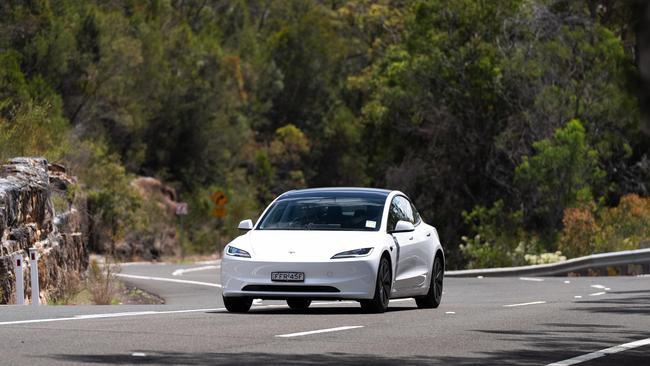
MORE: Next-gen electric ute confirmed
Compare the Market economic director David Koch said the top five best-selling EVs in Australia were more expensive to insure than traditional alternatives.
“Across the top five best-selling EVs and 12 car insurance providers, motorists could be spending between $98 to $1,788 more to comprehensively insure an EV every year – which may diminish some of the benefits of reduced running costs,” he said.
The study compared the top five selling EVs with cars from Toyota, Audi, Mazda and Hyundai, using quotes from 12 insurers for a 34-year-old Brisbane man with a clean driving record.

Research revealed the Tesla Model Y RWD costs $3,434.98 annually to insure, nearly 97 per cent more than the Toyota RAV4 Cruiser 2WD at $1,744.95.
Sedan-wise, the Tesla Model 3 RWD will set you back an average $3,888.55 in comparison to the Audi A3 which costs an average of $2,101.04.
While you may pay higher premiums for some Chinese EVs, quotes from NRMA reveal Chinese-made XPeng G6 and Zeekr X are priced $54,800 and $56,900 and are on par with petrol-powered SUVs, with an annual insurance costs of $2,017 and $2,043.
MORE: Aussie EV push backfires
Koch believes the discrepancy is due to the specialised technology used in EVs.
“EVs are generally more expensive to insure because the battery pack creates more complexity for repairers, many EV-specific parts need to be imported from overseas, and there are fewer qualified smash repairers for electric cars,” he said.
The report also found that hybrids are more expensive to insure than petrol-powered vehicles with comprehensive car insurance at average 5 per cent pricier.
To encourage EV adoption, Koch has called on insurers to offer “green discounts”.
“Just like banks and lenders have started offering green car loans, it would be great to see insurers adopt some green discounts for electric car premiums.
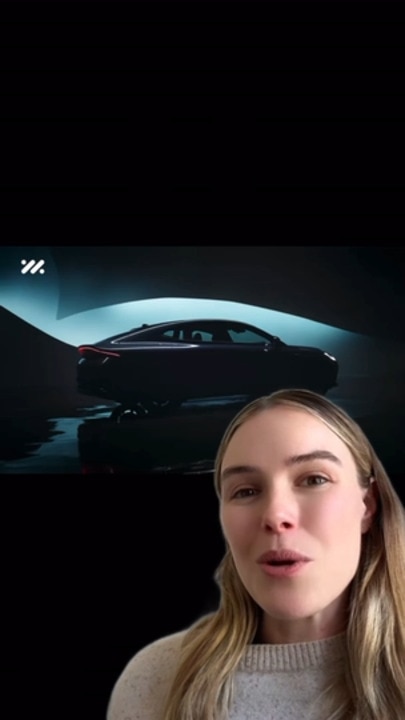
MORE: MG’s Cyberster electric sports car
“For now, the best way to ensure you’re getting a good deal is to compare. No matter if it’s your car insurance or electricity plan, there are options out there. Don’t park yourself into higher prices,” he said.
Despite higher insurance costs, Koch said the research shows that EVs may be an affordable option long-term.
For instance, EV owners in Brisbane could save up to $1,536 annually on running costs compared to petrol car owners, while Sydney drivers could save around $897.
“There’s a misconception that EVs are more expensive to run,” he said.
“While this may be true in some aspects, such as comprehensive car insurance costs, significant savings in fuel and loan repayments do more than offset these expenses.”
Originally published as Chinese EVs more affordable but owners may face costly surprises

